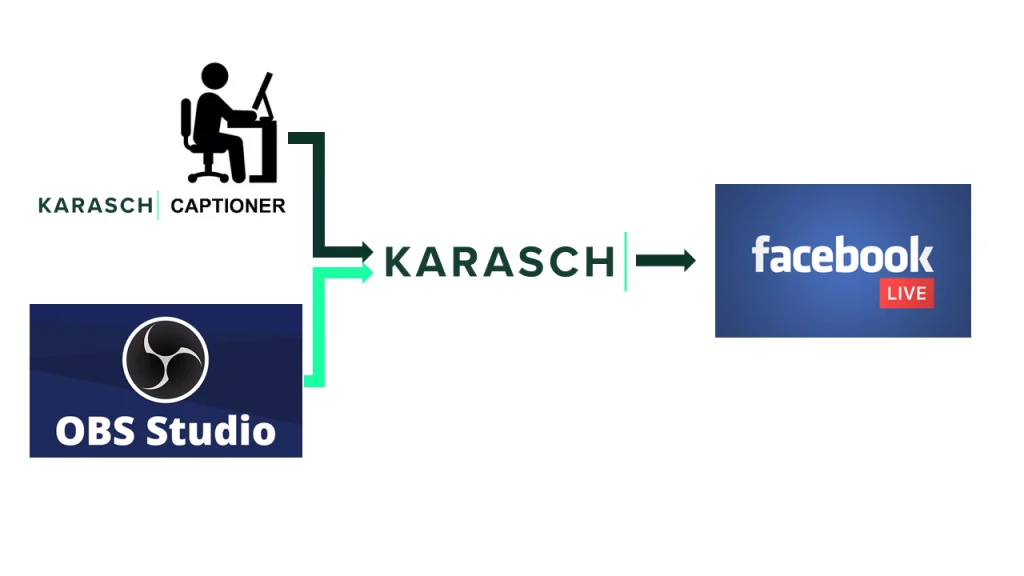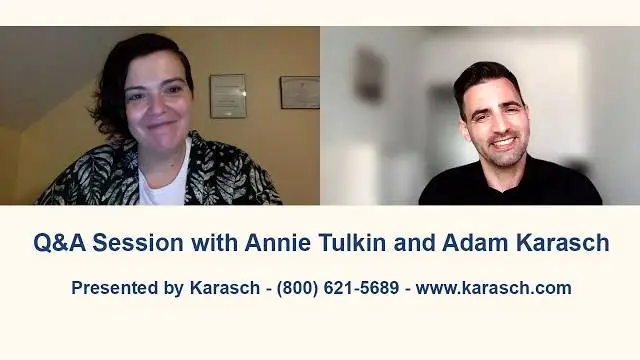The Benefits of Legal Videography
Legal Videography has been used in the legal field for many years. With time and the advancement of technology, the quality and usefulness of videography continue to increase day by day. It is used in depositions as well as in courtrooms and serves many purposes for all types of legal cases.
Table of Contents
The Benefits of Legal Videography
What is Legal Videography?
The Legal Videographer and Legal Videography service is becoming an integral part of trial and court reporting.
Videotaped deposition testimony can be used in many ways at trial, the most common being to impeach the witness as he/she testifies at trial.
The primary benefits of legal videography include:
- Keeping a record of what has been said – Legal videography is commonly used in depositions to record statements, questions, and answers before a trial takes place. The video acts as a permanent record of what was said, keeping track of any proposed timeline of events, statements of who was involved, and ideas of what exactly took place. This serves two purposes for a trial. For one, you have video proof of certain statements that may be denied in court, which can be extended to instances where an individual changes the facts or proposes something new or different. Secondly, cases often do not go to trial for a long time, even years. When the trial does finally begin, many last a long time. With video records of what has been said in depositions, as well as earlier in trials, you can easily keep track of and revisit what individuals have said. This is key in creating case points and bringing facts back to jurors’ minds.
- Making a stronger connection with jurors – On the topic of jurors, evidence suggests that jurors are more likely to retain information that they see, compared to information they merely hear. Videography creates visual evidence for them to see. It also acts as a way to connect statements to faces, which will have a greater impact on jurors. Additionally, with video recordings compared to voice recordings or transcripts, you can notice body language and nonverbal cues such as facial expressions, tone, volume, and intent of words. This can make a big difference in statements’ meaning and credibility.
- Saving on unnecessary costs – It is often a belief that legal videography costs more money than it is worth, but this is not true. Aside from the benefits listed above, which could make or break a case, legal videography can save money in many cases. You can show videos in court, as opposed to real-life witnesses or experts. When these individuals reside out-of-state, it can be just as efficient, and more cost-effective, to use video or video conferencing technology to provide testimony as opposed to flying them in to testify in person.
- Other – Legal videos that have been taped can often be very useful. It can take the place of a live testimony while still delivering the content of that testimony. When it comes to needing testimony, this type of videography can come in handy. It could mean the difference between winning and losing a trial.
Our mission is to provide you with exceptional service beyond your expectations and deliver a high-quality videography service at a fair price.
Legal Videography Specialists
There are many videographers in the world today. With the advent of smartphones and tablet computers, everyone now has the ability to record a video at any time. So, what sets our Legal Video Specialists apart from a normal everyday videographer?
We follow the rules and guidelines set forth by the Federal Rules of Civil Procedure and The Pennsylvania Code as it pertains to recording video for use at trial.
- We abide by the standards and ethics as set forth through the NCRA.
- We have CLVS certified and trained videographers.
- We bring professional video recording equipment.
- We provide you with a DVD of the deposition one it has concluded.
- We provide backdrops and additional lighting if necessary.
- We provide a vast array of other services making us your one-stop shop for all your litigation needs.
- The Pennsylvania Code – Rule 4017.1. Video Depositions.
(c) The deposition shall begin by the operator stating on camera
(1) his or her name and address,
(2) the name and address of his or her employer,
(3) the date, time and place of the deposition,
(4) the caption of the case,
(5) the name of the witness, and
(6) the party on whose behalf the deposition is being taken.
The officer before whom the deposition is taken shall then identify himself or herself and swear the witness on camera. At the conclusion of the deposition the operator shall state on camera that the deposition is concluded. When the length of the deposition requires the use of more than one videotape, the end of the videotape and the beginning of each succeeding videotape shall be announced on camera by the operator.
- The deposition shall be timed by a digital clock on camera which shall show continually each hour, minute, and second of each videotape of the deposition.
(e) No signature of the witness shall be required.
- The deposition shall be timed by a digital clock on camera which shall show continually each hour, minute, and second of each videotape of the deposition.
Why We Are The Best
- Our services are based on skill, quality and trust
- We form long-term relationships with our clients and offer 24/7 customer service
- We work with the most current technology to provide online transcripts and linked exhibits with trial preparation tools
- Our court reporters are dependable and highly trained professionals.
Our Latest Resources
Request A
Call Back
Request A Call Back
Do you have additional questions?
Click here to meet your dedicated Client Relationship Manager.


